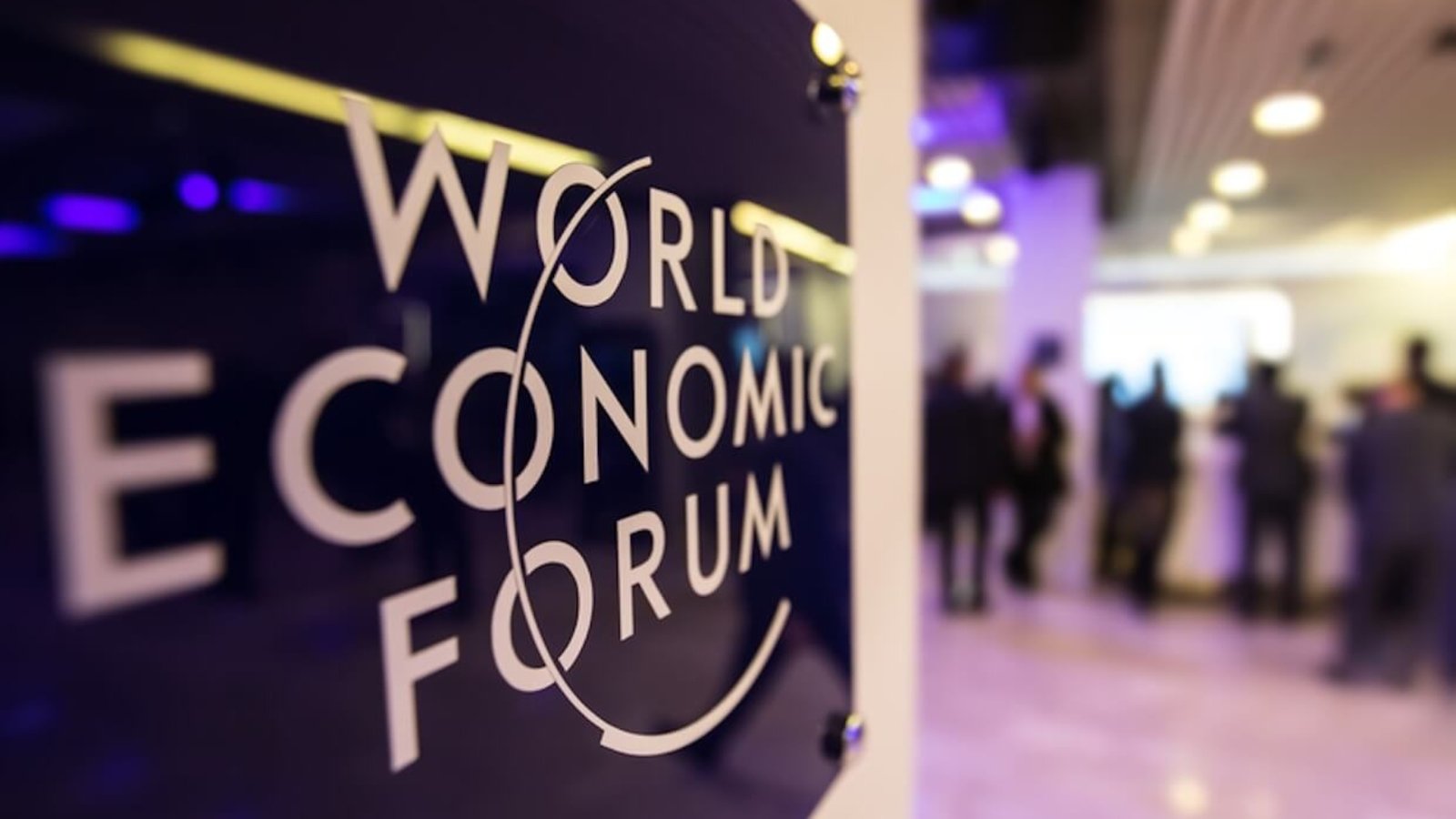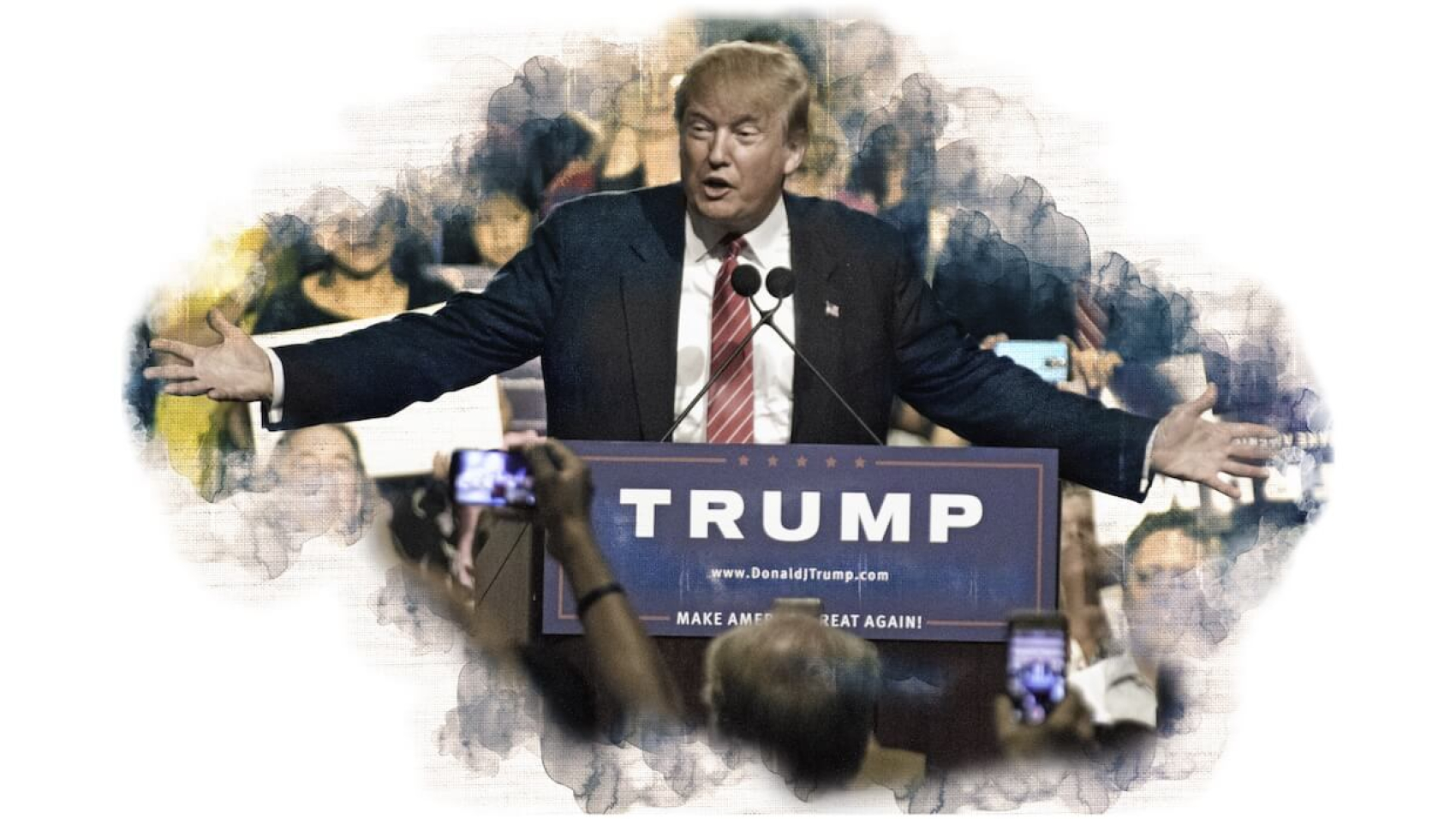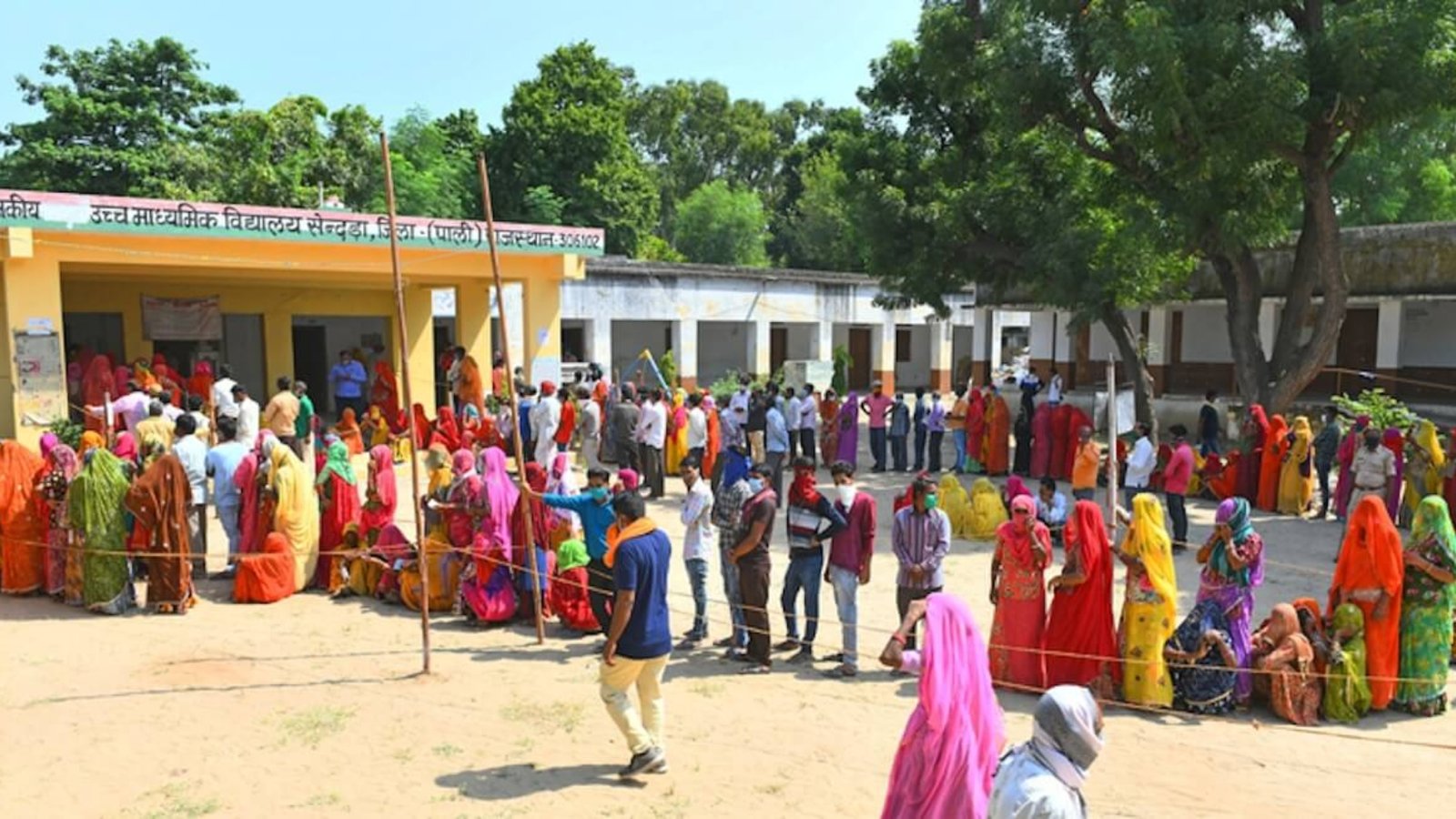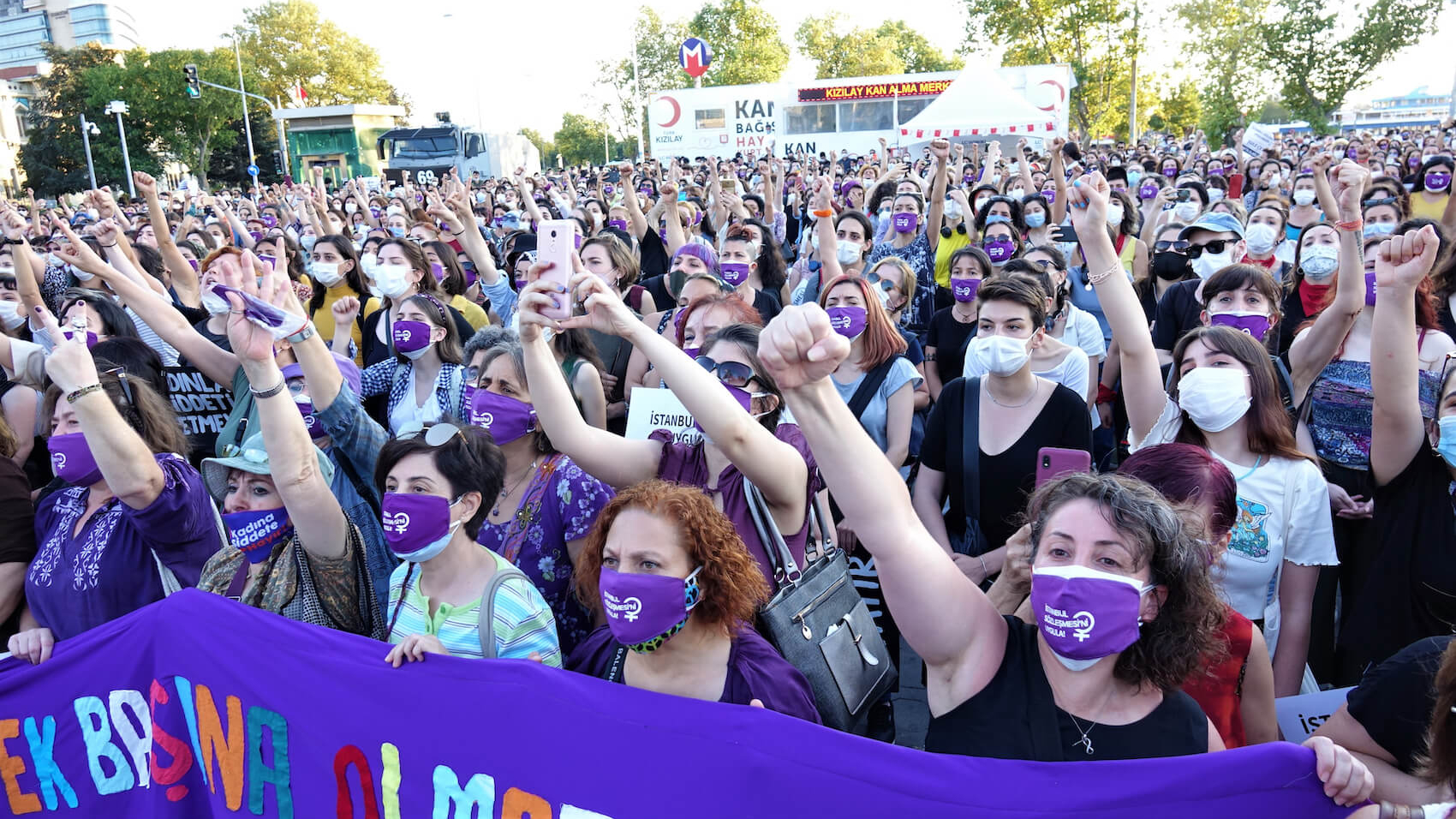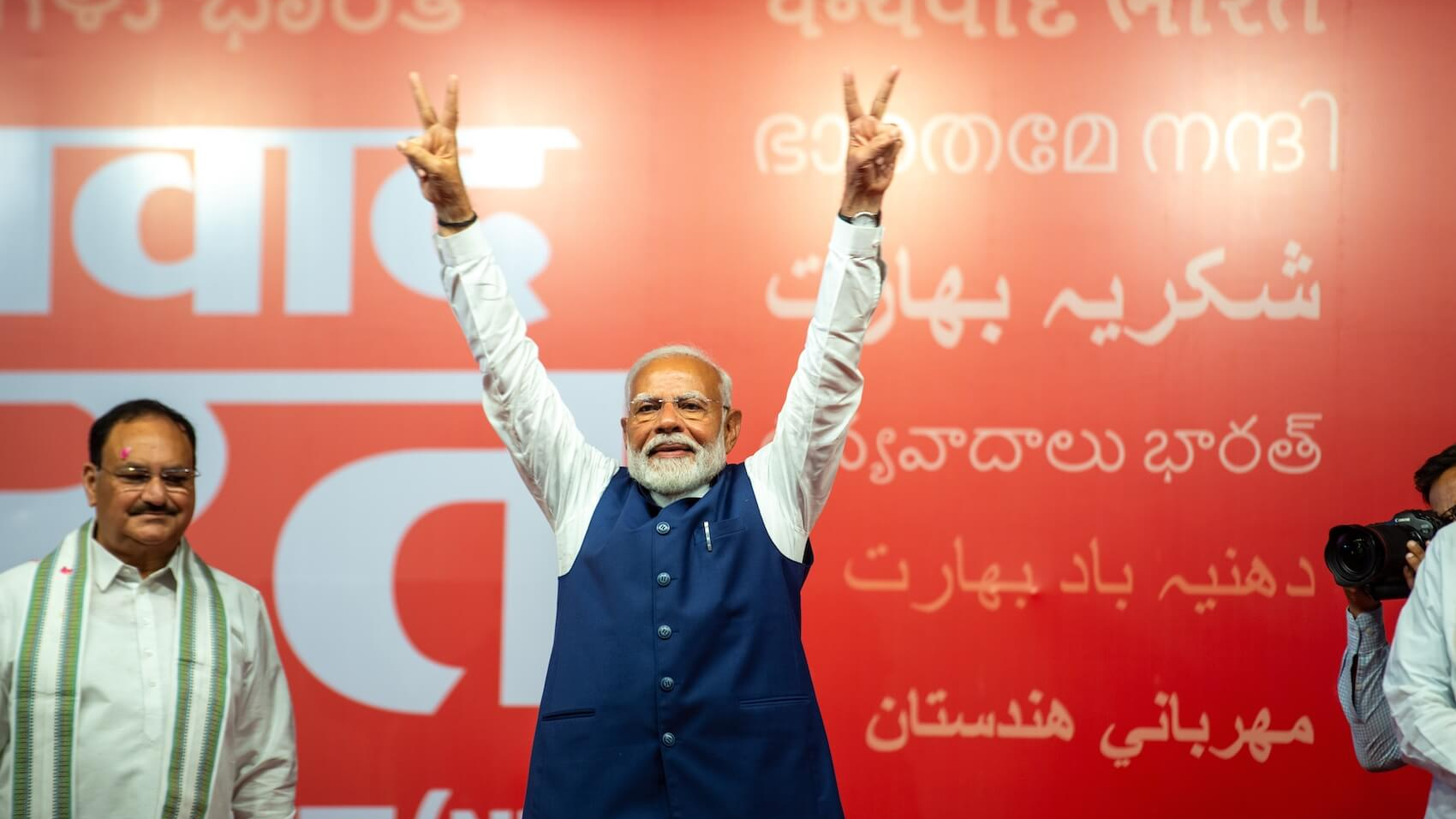Davos 2026 revealed a global order no longer converging on a single liberal model, but sliding into a harsher era in which power increasingly outweighs rules and “integration” is reframed as vulnerability. The most striking paradox was that this diagnosis came not from critics at the margins, but from the system’s own architects—transforming elite “candor” into a strategy for managing declining legitimacy. In a world shaped by fragmentation and coercive interdependence, China’s state-capitalist model is increasingly perceived as a more effective crisis-response framework, while the United States and Europe drift toward a troubling hybrid: adopting not China’s developmental strengths, but its coercive instruments of control. This dynamic reflects an emerging logic of reverse convergence—the West is no longer guiding the world toward liberalism, but being pulled toward the governance style of its principal rival.
By Ibrahim Ozturk
The Davos platform can be seen as a stage where dominant actors test narratives, identify legitimacy losses, and modify the public vocabulary they use to govern (or justify governing). It rarely makes formal decisions; instead, it indicates what elites believe they can still publicly defend—and what they can no longer convincingly pretend. Davos 2026, in that sense, can be viewed less as a policy summit and more as a diagnosis of the regime.
In this context, Davos 2026 is significant because the words spoken inside the room seemed less like a reaffirmation of the post-1990 liberal-global order and more like an early draft of its obituary. Larry Fink, Interim Co-Chair of the World Economic Forum (WEF) and CEO of BlackRock—one of the world’s largest asset managers—started with a blunt admission that the world trusts Davos and the WEF’s ability to shape the future “far less,” warning that the forum risks seeming “out of step with the moment: elites in an age of populism” (Fink, 2026). Mark Carney, Prime Minister of Canada, took it even further. He suggested that the problem isn’t just declining trust in institutions; it’s the collapse of the narrative foundations of the “rules-based liberal multilateral order” itself. He described “the end of a pleasant fiction… and the beginning of a harsh reality,” emphasizing that “we are in the midst of a rupture, not a transition” (Carney, 2026).
If anything was “announced,” then it was not a new treaty or a coordinated policy package. It was an elite confession: the old legitimating story no longer works.
What Exactly Is Ending?
The natural questions—What was declared at Davos? Is it the end of the Western system? Is Chinese-style state capitalism rising? —are the right ones. But they require careful separation of the West as power from the West as ideology, and of neoliberal globalization from liberal democracy. What seems to be ending is not “the West” as a geographical or civilizational fact, but a historically specific settlement—visible in three interlocking dimensions.
The end of the convergence myth: One part of the story traces back to assumptions about nineteenth- and twentieth-century modernization. Classical modernization thinking regarded history as a linear, stage-like process where societies would converge toward a single “advanced” model through diffusion, emulation, and integration—so that cross-civilizational differences would eventually appear as “time lags,” not alternative paths (Apter, 1965; Inglehart & Welzel, 2005; Rostow, 1960). In that framework, modernity was not just one option among many; it was seen as the expected endpoint of development.
Francis Fukuyama’s “end of history” thesis—initially presented as an essay and later expanded into a book—was a late-twentieth-century extension of this modernization perspective (Fukuyama, 1989, 1992). After the fall of Soviet-style planning, liberal capitalism seemed not just victorious but final: no significant systemic challengers remained, and future conflicts were seen as minor issues rather than real alternatives.
Davos 2026, however, seemed to quietly acknowledge that this convergence theory has run its course. After decades of “learning-by-doing” globalization, the idea that marketization, integration, and digitization would inevitably lead to liberal-democratic outcomes has become less convincing. Among many others, Öztürk (2025) calls this a fundamental “liberal fallacy,” revealed by post-2008 stagnation, growing inequality, and the resilience of authoritarian governance under capitalist conditions.
The decline of the authority of the “rules-based order” (as performance): A second aspect involves the public authority of institutional rules. Carney’s remarks illustrated a familiar phenomenon: states show belief in a rules-based order—displaying the “sign” publicly—while privately recognizing how often the rules break down in practice (Carney, 2026). His metaphor strongly mirrors Václav Havel’s assessment of late-socialist legitimacy: the system’s survival relied on ritualistic compliance and public participation in an official fiction, even when no one truly believed it (Havel, 1978).
In modern global politics, this is the credibility crisis of liberal internationalism: the rules exist, but enforcement seems selective; the universal language stays, but power distribution shapes outcomes. This is exactly where realism comes back—sometimes openly, sometimes disguised as “values-based pragmatism.”
The end of elite capitalism’s moral economy: Third, Davos 2026 hosted a legitimacy check on elite-led capitalism itself. Fink’s insistence that prosperity cannot be reduced to total GDP gains or stock-market success implicitly admits what critics have argued for decades: growth narratives do not automatically generate social approval when the distribution of wealth is unfair, public services decline, and opportunities disappear (Fink, 2026; Piketty, 2020).
This line closely mirrors Robert F. Kennedy’s well-known critique of national income accounting, asserting that GDP can measure “everything… except that which makes life worthwhile” (Kennedy, 1968). What once seemed like fresh wisdom at Davos in 2026 now appears as delayed recognition: a long-overdue admission that the legitimacy of capitalism cannot rely solely on aggregate indicators. Taken together, these three dimensions do not imply “the end of the West.” They signify the end of the West’s story about itself—the self-description of a system that universalizes its model as destiny, naturalizes its institutions as neutral rules, and considers legitimacy to be the automatic result of growth. Historically, when a hegemonic story collapses, systems rarely vanish overnight; instead, they change and adapt.
The Crisis of Corporate Capitalism as a Reflection of the System
Öztürk’s (2025) “reverse convergence” hypothesis provides one of the clearest ways to interpret Davos 2026. It avoids two lazy conclusions— (1) “China is replacing the West,” and (2) “nothing changes; it’s only noise”—by arguing that the direction of convergence has reversed. Liberal democracies are increasingly adopting illiberal governance techniques (expanded surveillance, executive discretion, securitized policy frames, controlled pluralism), while authoritarian regimes are adopting capitalist tools (market mechanisms, technological dynamism, corporate scale) without liberalizing. This is not ideological convergence through persuasion. It is functional convergence driven by systemic pressure.
Here, Karl Polanyi’s concept of the “double movement” becomes central: disembedded markets cause social division and political backlash, but the protective countermovement can be seized—redirected into nationalist, exclusionary, or authoritarian forms instead of democratic re-embedding (Polanyi, 1944). Fernand Braudel’s distinction is also important: capitalism is not the same as competitive markets; it is often a structure of lasting domination shielded from democratic accountability (Braudel, 1982, 1984).
Add the modern layer of digital political economy. The tools of governance increasingly function through infrastructures of data extraction, algorithmic control, and dependency rather than through persuasion or consent. This is the shared domain of surveillance capitalism (Zuboff, 2019), vectoral power and information monopolies (Wark, 2004, 2019), and “techno-feudal” rent extraction via digital platforms and cloud infrastructures (Varoufakis, 2023). In this view, Davos 2026 was not just a geopolitical event; it also revealed that corporate capitalism has created a legitimacy gap that traditional liberal narratives can no longer fill.
When Fink’s speech is analyzed through the perspectives of Polanyi and Braudel, it seems to outline a plan to restore legitimacy. He urged the WEF to “regain trust,” boost participation, and modernize the language used to defend capitalism (Fink, 2026). Even if the diagnosis is sound, the messenger presents a problem. The contradiction is structural: the credibility crisis he describes is closely linked to the financial and corporate structures that BlackRock represents. When the “doctor” is also one of the system’s most powerful beneficiaries, criticism is often seen as mere damage control by elites rather than genuine reformist bravery.
Fink also emphasized that prosperity must become distributive, turning “more people into owners of growth,” not spectators (Fink, 2026). Yet this is where Davos rhetoric regularly stalls: it acknowledges the legitimacy problem but often proposes solutions at the level of communication rather than at the level of reconstruction. The 2026 shift, then, is not the defense of globalization’s moral premise; it is an attempt to rewrite capitalism’s legitimacy contract amid mass distrust.
A key concern running through the Davos discussions about AI is anxiety. The worry is that AI will repeat the distributional betrayal of globalization: early benefits go to owners of data, compute, models, and platforms, while the social costs are spread out to others. Without strong redistribution and governance, AI risks being less of a productivity leap and more of a new enclosure system—worsening dependence instead of expanding opportunities (Zuboff, 2019; Varoufakis, 2023).
From Benign Interdependence to Fortress Logic
Carney’s intervention was more impactful because it explicitly addressed what “trust” rhetoric often overlooks: the geopolitical and geoeconomic rupture of the rules-based order. His speech repeatedly suggested that the liberal promise of mutual interdependence has run its course. Integration can become a source of vulnerability and subjugation, leading states to pursue strategic autonomy in energy, food, critical minerals, finance, and supply chains (Carney, 2026).
At one point, Carney invoked a brutally realistic moral: “the strong can do what they can, and the weak suffer what they must.” The phrase echoes the Melian Dialogue in Thucydides—a canonical statement of power politics rationality (Thucydides, trans. 1972). The significance is not the originality of the reference; it is that Davos discourse now treats such realism as publicly speakable.
This is where “weaponized interdependence” becomes relevant: network power can be transformed into coercion when states or firms control critical chokepoints in finance, infrastructure, trade, and digital platforms (Farrell & Newman, 2019). Carney’s prescription—strategic autonomy or a “world of fortresses”—is therefore less a nationalist shift than an acknowledgment that global integration is no longer seen as harmless.
Seen from the broader perspective of globalization discourse, Davos 2026 signifies a significant reversal of the assumptions that characterized the early 2000s. Thomas Friedman’s The World Is Flat summarized the era’s belief that digital connectivity and integrated supply chains were “flattening” the world into a more open, opportunity-filled, and ultimately convergent space (Friedman, 2005). Two decades later, David J. Lynch’s The World’s Worst Bet reads like an obituary for that optimism: globalization now seems less like a benign force for shared prosperity and more like a risky gamble that has weakened industrial resilience, increased inequality, empowered strategic competitors, and fueled political backlash in the West (Lynch, 2025). The transition from “flatness” to “worst bet” reflects the same shift Carney now describes in geopolitical terms: integration is no longer assumed to be mutually beneficial; it is increasingly viewed as a potential pathway to dependence, coercion, and subjugation (Carney, 2026; Friedman, 2005; Lynch, 2025).
This closely aligns with Amitav Acharya’s argument that the liberal “rules-based order” was never entirely universal; it functioned as a Western-centered system with selective membership and inconsistent enforcement. What follows, according to Acharya, is not just “multipolarity,” but a decentralized “multiplex” world—more diverse, more contested, and less controlled by a single hegemon (Acharya, 2017; Acharya, 2018). Even defenders sympathetic to the liberal order acknowledge its historically Western core and its expansion after the Cold War (Ikenberry, 2008, 2018).
Davos 2026, therefore, seemed like a moment when elites started speaking more openly than before about a world they can no longer describe as heading toward a single institutional model. However, there is a deeper contradiction at Davos: many of the harshest critiques in 2026 were made not by independent critics but by the system’s own architects—CEOs, senior officials, and high-level political leaders. This doesn’t invalidate their diagnosis, but it should change how we interpret it: what looks like honesty may also be a form of preemptive storytelling, a controlled version of systemic self-criticism aimed at maintaining core power structures while giving rhetorical ground.
The US–EU–China Triangle: Three Paths, One Convergent Pressure
Against this backdrop, the question facing mainstream systems is no longer just whether globalization can be “fixed,” but which governance model is increasingly seen as the better response to a high-stress world full of uncertainty, fragmentation, and coercive interdependence. Under conditions of heightened geopolitical competition, supply-chain insecurity, volatility in energy and food, and rapid technological rivalry, the focus is quietly shifting toward the idea that China’s model—often called socialist state capitalism—may provide faster, more disciplined, and more strategically coordinated solutions than the liberal market approach, mainly because it can mobilize resources, direct finance, and prioritize long-term national goals. In this context, Davos 2026 didn’t just expose a legitimacy crisis; it also pointed to a growing competition over “effective modernity,” where resilience and the ability to command are beginning to matter more than openness and procedural legitimacy.
Indeed, an even more concerning sign is emerging from within the West itself: leading trends in the United States and the European Union increasingly indicate that what they are taking from China is not its potentially positive strengths—such as developmental coordination or strategic industrial policy—but rather its negative governance traits: securitization, surveillance expansion, executive centralization, and the normalization of emergency-style rule. This creates a growing zone of hybridization, where liberal democracies preserve electoral rituals while gradually adopting illiberal techniques of control and exclusion. In other words, the West seems to be entering a phase of reverse convergence—a process where the “center” shifts toward the logic of its challenger, often in its most coercive forms—a dynamic that I will explore in detail.
Öztürk’s (2025) structured comparison across five dimensions—surveillance regimes, populist discourse, regulatory architecture, market concentration, and distributional outcomes—acts like a decoder for Davos 2026. It does not claim that the US, EU, and China are becoming identical. Instead, it argues that all three are responding to the same structural pressures—tech-driven control, oligopolistic concentration, legitimacy erosion—while doing so through different institutional legacies.
China’s large-scale integration of state and capital shows that advanced capitalism can exist without liberal democracy. It combines market activity and corporate growth within one-party control, increasingly extending worldwide through infrastructure, standards, and digital systems (Callahan, 2016; Creemers, 2018; Dai, 2020). Its governance tools—such as data-driven monitoring, biometric systems, and ideological control of platforms—provide an attractive model for regimes dealing with insecurity and social unrest, even though it also poses legitimacy challenges (Greitens, 2020).
The United States’ hybrid drift shows how liberal democracy can weaken internally due to inequality, institutional capture, and polarization, especially after the 2008 crisis delegitimized traditional economic promises and heightened distrust between elites and the public (Öztürk, 2025). Illiberal populism has proved to be a resilient narrative ecosystem (Levitsky & Ziblatt, 2018; Mounk, 2018). Meanwhile, corporate surveillance and algorithmic governance operate alongside expanding security measures, leading to convergence driven by technique rather than ideology (Zuboff, 2019).
The European Union’s regulatory ambition, even under legitimacy stress, stands as the strongest counterexample to simple convergence claims because it has built the most ambitious rights-based regulatory framework in the democratic world, especially in the digital area (Floridi, 2020; Véliz, 2021). However, it remains vulnerable to legitimacy stress: far-right normalization, internal rule-of-law conflicts, uneven fiscal capacity, and ongoing reliance on US platform power. Regulation can limit domination, but legitimacy ultimately depends on distributive foundations—not just technocracy (Brown, 2019; Piketty, 2020).
If one sentence embodies the West’s strategic trauma, it is this: China demonstrates that sophisticated capitalism can operate without liberal democracy—and at scale. The Davos concern is not just that China competes, but that China’s model is increasingly serving as a reference point for organizing power in the twenty-first century (Öztürk, 2025).
The Hidden Davos Declaration
If we summarize Davos 2026 into a single implicit statement, it is: The global order based on rules-based multilateralism, benign interdependence, and trickle-down legitimacy has reached a final crisis. What comes next is probably going to be centered around: i) strategic autonomy (energy, supply chains, critical minerals, digital sovereignty) (Carney, 2026), ii) narrative legitimacy repair (“inclusive prosperity,” participation, trust) (Fink, 2026). iii) technological control architectures (AI governance, surveillance trade-offs, platform regulation conflict) (Zuboff, 2019; Varoufakis, 2023), and iv) a reduced faith in universalism, and a greater acceptance of bloc rivalry, vulnerability management, and “value-based realism” (Acharya, 2017; Ikenberry, 2018).
This is why Davos 2026 felt like a turning point: elites are no longer pretending we still live in the 1990s. But the new order being outlined is not automatically democratic. It can just as easily shift toward market authoritarianism—combining capital preservation with control-first governance. A democratic solution is still conceptually possible: re-embedding markets in democratic institutions (Polanyi, 1944), rebuilding a distributive social contract (Piketty, 2020), and limiting both corporate and government power through enforceable rights (Floridi, 2020; Véliz, 2021). Davos 2026, however, raises a brutally practical question: Can democracies re-legitimate themselves quickly enough before surveillance, AI, and strategic autonomy become permanent justifications for executive insulation?
That question, more than any speech, was the true “announcement.”
References
Acharya, A. (2017). After liberal hegemony: The advent of a multiplex world order. Ethics & International Affairs, 31(3), 271–285. (Cambridge University Press & Assessment)
Acharya, A. (2018). The end of American world order (2nd ed.). Polity. (Wiley)
Apter, D. E. (1965). The politics of modernization. University of Chicago Press.
Braudel, F. (1982). The wheels of commerce (Vol. 2). Harper & Row.
Braudel, F. (1984). Civilization and capitalism, 15th–18th century: Volume 2—The wheels of commerce (S. Reynolds, Trans.). Harper & Row.
Brown, W. (2019). In the ruins of neoliberalism: The rise of antidemocratic politics in the West. Columbia University Press. (Columbia University Press).
Callahan, W. A. (2016). China dreams: 20 visions of the future. Oxford University Press.
Carney, M. (2026, January). Special address by Mark Carney, Prime Minister of Canada, at the World Economic Forum Annual Meeting (Davos 2026). World Economic Forum.
Creemers, R. (2018). China’s social credit system: An evolving practice of control. SSRN.
Dai, X. (2020). Enacting the social credit system: Governance through digital trust in China. Media, Culture & Society, 42(3), 408–423.
Farrell, H., & Newman, A. L. (2019). Weaponized interdependence: How global economic networks shape state coercion. International Security, 44(1), 42–79.
Fink, L. (2026). Remarks as Interim Co-Chair of the World Economic Forum at the 2026 Annual Meeting in Davos. LinkedIn.
Floridi, L. (2020). The fight for digital sovereignty: What it is, and why it matters, especially for the EU. Philosophy & Technology, 33(3), 369–378.
Friedman, T. L. (2005). The world is flat: A brief history of the twenty-first century. Farrar, Straus and Giroux.
Fukuyama, F. (1989). The end of history? The National Interest, 16, 3–18.
Fukuyama, F. (1992). The end of history and the last man. Free Press.
Greitens, S. C. (2020). Dealing with demands for surveillance. Journal of Democracy, 31(3), 15–29.
Havel, V. (1978). The power of the powerless. (Essay; English trans. published 1985).
Ikenberry, G. J. (2008). The rise of China and the future of the West: Can the liberal system survive? Foreign Affairs, 87(1), 23–37.
Ikenberry, G. J. (2018). The end of liberal international order? International Affairs, 94(1), 7–23.
Inglehart, R., & Welzel, C. (2005). Modernization, cultural change, and democracy: The human development sequence. Cambridge University Press.
Kennedy, R. F. (1968, March 18). Remarks at the University of Kansas. John F. Kennedy Presidential Library and Museum, (jfklibrary.org).
Levitsky, S., & Ziblatt, D. (2018). How democracies die. Crown.
Lynch, D. J. (2025). The world’s worst bet: How the globalization gamble went wrong (and what would make it right). PublicAffairs.
Mounk, Y. (2018). The people vs. democracy: Why our freedom is in danger and how to save it. Harvard University Press.
Ozturk, Ibrahim. (2025). “Capitalist Disruptions and the Democratic Retreat: A US–EU–China Comparison.” Journal of Populism Studies (JPS). September 11, 2025. https://doi.org/10.55271/JPS000116
Piketty, T. (2020). Capital and ideology. Harvard University Press.
Polanyi, K. (1944). The great transformation: The political and economic origins of our time. Beacon Press.
Thucydides. (1972). The Peloponnesian War (R. Warner, Trans.). Penguin Classics.
Varoufakis, Y. (2023). Technofeudalism: What killed capitalism. Bodley Head.
Véliz, C. (2021). Privacy is power: Why and how you should take back control of your data. Bantam.
Wark, M. (2004). A hacker manifesto. Harvard University Press.
Wark, M. (2019). Capital is dead: Is this something worse? Verso. (Verso)
Zuboff, S. (2019). The age of surveillance capitalism: The fight for a human future at the new frontier of power. PublicAffairs.


